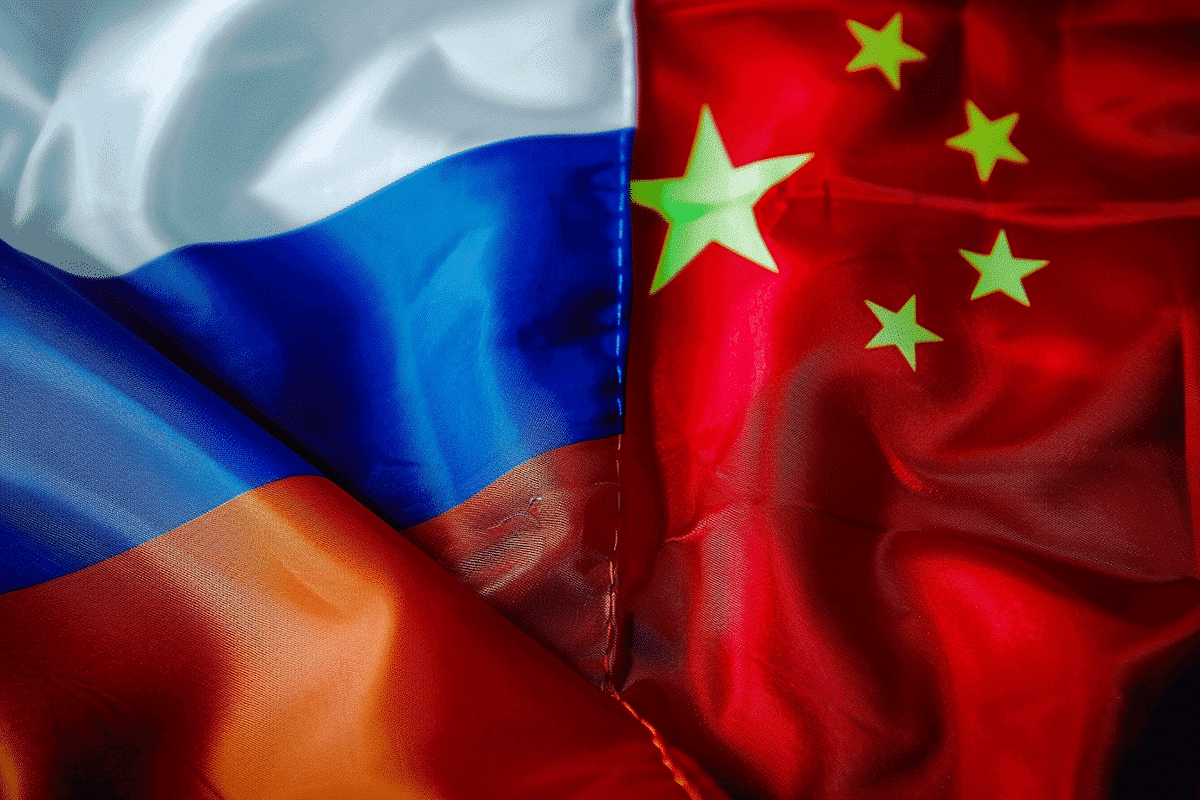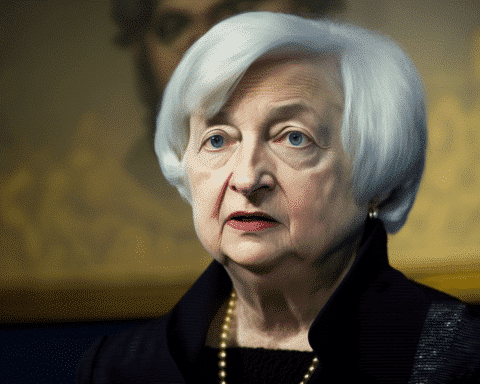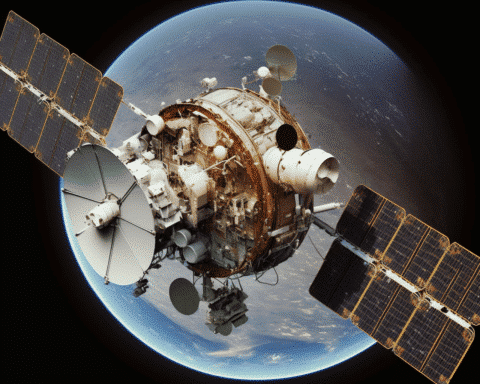Amidst a backdrop of geopolitical tensions and economic shifts, the relationship between China and Russia has taken center stage. Following Western sanctions imposed on Russia due to its invasion of Ukraine, the two nations have forged a deepening economic partnership that could reshape the global order.
Bilateral trade between China and Russia surged to $240 billion last year, representing a 26% increase from the previous year. This dramatic rise comes as Russian businesses, hindered by Western sanctions, turned to China to fill the void left by traditional European suppliers.
China has emerged as a crucial supplier of goods for Russia’s defense industry, despite claims of not providing lethal weapons directly. The economic ties between the two nations have prompted concerns from the United States about China’s support for the Kremlin’s military efforts.
China’s approach to international relations has been marked by a pragmatic economic strategy, prioritizing trade partnerships regardless of political regimes or human rights records. This strategy aligns with China’s broader ambition to challenge US dominance and reshape global geopolitics.
Xi Jinping, China’s leader, has utilized vague rhetoric and slogans to signal China’s ambition for greater global influence. The Belt and Road Initiative, a flagship project aimed at expanding China’s economic influence globally, serves as a key instrument in this strategy.
However, while Russia sees China as a valuable partner against Western pressure, China’s ultimate goals may differ. Moscow’s reliance on Beijing may not align with China’s cautious approach to international relations and its focus on maintaining access to Western markets.
Despite their economic cooperation, analysts warn of potential tensions between the two nations. Russia’s more revisionist stance towards global institutions contrasts with China’s more cautious approach. This discrepancy could lead to divergent interests and strains in the partnership.
Moreover, the China-Russia partnership could lead to chaos rather than a coherent multipolar world order. While some see China’s relations with Russia and other developing countries as part of a grand strategy, others predict more unevenness and instability in the global order.
The future of the China-Russia partnership remains uncertain, with conflicting interpretations among analysts and academics. While some view it as a stabilizing force against US hegemony, others caution against the potential for discord and chaos.
As China and Russia continue to deepen their economic ties, the implications for the global order are profound. The balance of power may shift, alliances may realign, and the geopolitical landscape may undergo significant transformation.
The China-Russia economic partnership has the potential to be a global game-changer. As the two nations navigate their complex relationship, the world watches with anticipation, bracing for the impact of their collaboration on the international stage.




